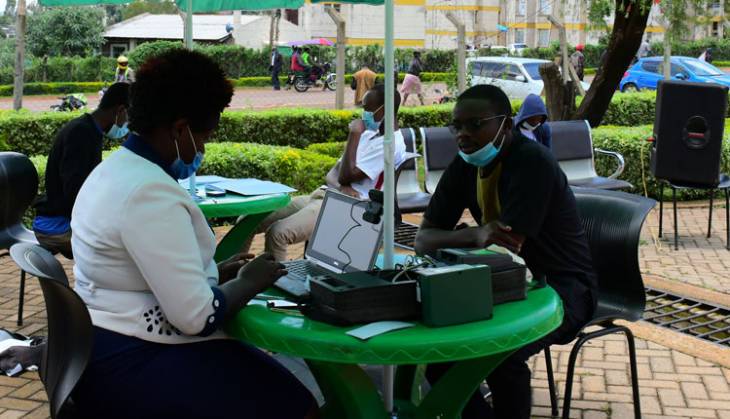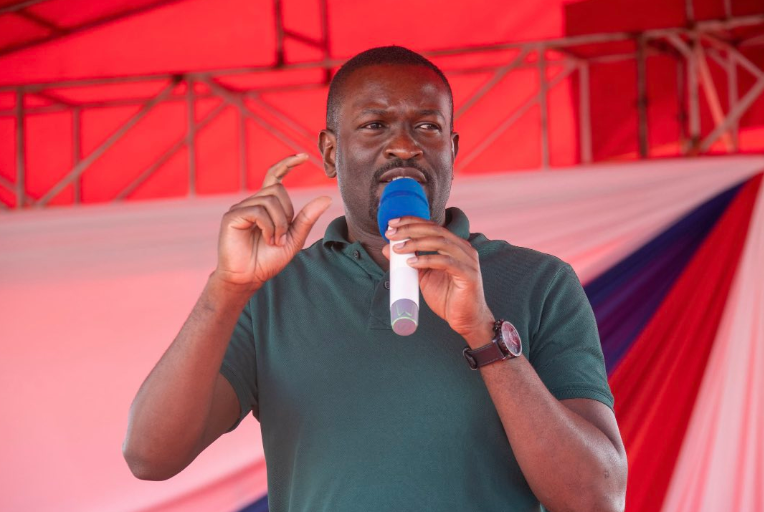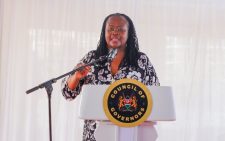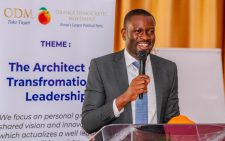Low key voter listing ends with IEBC likely to extend exercise

The second phase of the voter registration exercise ended yesterday with sources indicating it could be extended for another nine days.
The electoral agency launched the Enhanced Continuous Voter Registration (ECVR) on January 17, a process that ended yesterday in all the 1,450 County Assembly Wards, institutions of Higher learning and at all the Huduma Centres countrywide.
The commission is today expected to announce the figures at the end of the third week of registration ending yesterday.
In addition, the Commission has also been enlisting residents residing outside the country at the embassies, High Commissions and Consulates in the United States, Qatar, Germany, South Africa, Tanzania, Uganda, Rwanda, Burundi and South Sudan.
The commission had targeted to register six million new voters of which 1.1 million were registered in the first phase of ECVR.
The second ECVR had targeted to register about 4.8 million eligible Kenyans across the country. During the first week of the registration, the electoral body only registered a paltry 229,843 new voters against the weekly target of 1.4 million.
According to IEBC, 34,928 requested their polling stations to be transferred while 345 voters applied for change of particulars.
And in the second week of the registration, the electoral agency, registered 548,188 new votes against a target of 2.9 million and the Diaspora registered 1,054.
In the second week, there were 130,320 requests for transfer and 989 applications for change of particulars.
According to the Wafula Chebukati-led commission, announced it will extend registration in Canada and the United Arab Emirates by the number of days lost to ensure Kenyans residing in those countries are accorded the 15 days to register as new voters.
This was after the two countries had issued restrictions to contain the spread of Covid-19.
In the first phase last year, the exercise was marred by low turnout amidst calls for the electoral body to increase the number of registration clerks. The 30-day exercise started on a low key, with a handful of people turning up to be registered as voters in various parts of the country.












